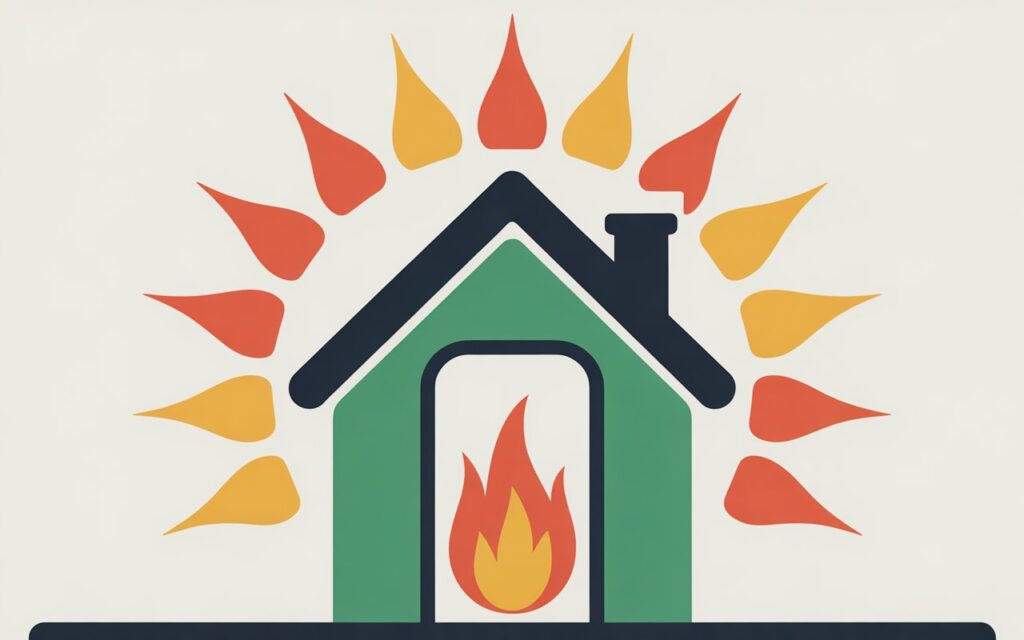When buying, selling, or managing commercial properties, a comprehensive property inspection is an essential step in the process. Commercial property inspections ensure that buildings meet safety regulations, address potential issues, and protect the investment interests of owners, tenants, and investors.
This guide outlines the significance of commercial property inspections and how to approach them effectively, ensuring a smooth transaction and secure investment.
Why Commercial Property Inspections Are Crucial
Commercial property inspections are essential for evaluating a building’s condition and identifying issues that could impact its safety, value, and functionality. Here are some reasons why these inspections are so important:
- Identifying Defects: Inspections help uncover hidden problems such as electrical, plumbing, and HVAC system issues that require attention.
- Ensuring Compliance: They confirm that the property complies with building codes, safety standards, and other regulatory requirements.
- Negotiation Leverage: Inspection findings provide leverage for negotiating repairs, price reductions, or seller credits.
- Planning for Maintenance: Inspections offer valuable insight into potential future repairs, helping property owners plan and budget for necessary maintenance.
Key Steps in the Commercial Property Inspection Process
Successfully managing a commercial property inspection involves several critical steps, from selecting a qualified inspector to interpreting the results in the final report. Here’s a breakdown of the process:
1. Choosing a Qualified Inspector
Selecting the right inspector is vital. Consider these key factors when hiring a professional:
- Experience & Credentials: Ensure the inspector has significant experience with commercial properties and holds the necessary certifications.
- Reputation: Look for reviews or references to verify the inspector’s thoroughness and reliability.
- Knowledge of Local Codes: The inspector should be familiar with local building codes and regulations to identify potential compliance issues.
2. Preparing for the Inspection
Before the inspection takes place, gather relevant documents, such as previous inspection reports, maintenance records, and renovation plans. Ensure that the property is accessible and that all areas are unlocked and ready for the inspector’s evaluation.
3. During the Inspection
The inspector will evaluate the property’s condition in several areas, including:
- Structural Integrity: Examining the foundation, roof, walls, and overall stability of the building.
- Electrical Systems: Ensuring all electrical systems are up to code and functioning properly.
- Plumbing: Inspecting pipes, fixtures, and drainage systems for leaks or blockages.
- HVAC Systems: Assessing heating, ventilation, and air conditioning systems for efficiency and condition.
- Safety Features: Reviewing fire safety systems such as alarms, sprinklers, and emergency exits.
4. Reviewing the Inspection Report
After the inspection, you will receive a detailed report that includes:
- Summary of Major Issues: Identifying critical problems that require immediate attention, based on the findings from the inspection services.
- Detailed Findings: A thorough analysis of each inspected area, with photos and descriptions of any issues uncovered by the inspection services.
- Recommendations: Expert suggestions for necessary repairs, maintenance, or further evaluations by specialists, helping you address issues identified during the inspection services.
Common Issues Found During Commercial Property Inspections
Commercial property inspections often uncover recurring issues. Here are some common problems to watch for:
- Roof Damage: Leaks, missing shingles, or structural issues that affect the roof’s integrity.
- Electrical Hazards: Outdated wiring, overloaded circuits, or non-compliance with electrical codes.
- Plumbing Problems: Leaks, poor water pressure, or drainage issues that need to be addressed.
- Foundation Cracks: Cracks or settling that could indicate underlying structural problems.
- HVAC Inefficiencies: Older HVAC systems that are not energy-efficient or require frequent repairs.
What to Do After the Inspection
Once the inspection report is in hand, follow these steps:
- Review the Report Thoroughly
Take the time to read the findings carefully. Highlight key issues and make note of any questions you may have. If clarification is needed, contact the inspector for more details. - Consult Experts
For complex issues, consider seeking the advice of specialists like engineers, electricians, or HVAC professionals. They can provide further evaluations and cost estimates. - Negotiate with the Seller
Use the inspection findings to negotiate repairs, price reductions, or credits to address the issues discovered during the inspection. - Plan for Repairs and Maintenance
Develop a strategy to address repairs and prioritize ongoing maintenance. Creating a maintenance plan ensures that the property remains in top condition and retains its value.
Conclusion
A thorough commercial property inspection is an essential part of the process to ensure that your investment is secure. Whether you are an owner, investor, or tenant, understanding the inspection process and addressing any issues helps you make informed decisions and protects your investment.
At Protec Inspection Services, we offer expert commercial property inspection services designed to meet the needs of commercial property owners and investors. Our team of certified inspectors provides detailed reports and professional advice, ensuring you have all the information you need to make smart decisions. Contact us today to schedule an inspection and protect your property investment.









